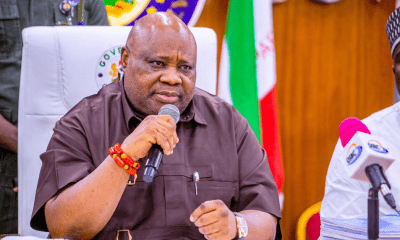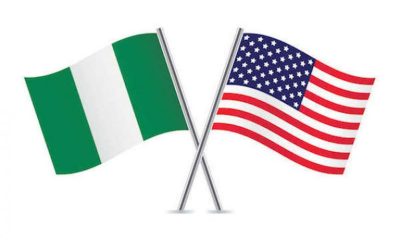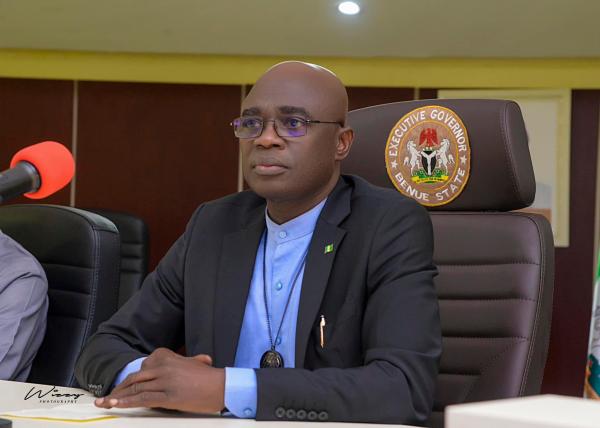A recent study by the International Telecommunications Union has placed Nigeria at the forefront of digital transformation readiness, awarding it a score of 71 percent.
This evaluation, carried out in partnership with the UK’s Foreign, Commonwealth and Development Office, assessed nations on their legal, policy, and governance structures to gauge their progress toward reaching an advanced level of digital transformation, referred to as G5.
On Wednesday, the Nigeria Communications Commission announced that the report was presented by Dr. Bosun Tijani, Nigeria’s Minister of Communications, Innovation, and Digital Economy, during an event in Abuja.
The report titled “Collaborative Regulation: Accelerating Nigeria’s Digital Transformation” presented a case study for a collaborative regulation review to assess and support Nigeria’s transition towards collaborative digital governance, evidence-based policymaking and agile regulation in the digital economy.
Nigeria’s position places it among the leading seven nations in Africa, in the same league as Germany, Finland, and Singapore, which top the global rankings.
The report also highlighted Nigeria’s strong position on the BEMECS 5G Readiness Index, reflecting the country’s preparedness for the widespread deployment and adoption of 5G networks.
Tijani, during his speech at the event, praised the ITU along with its partner organizations and consultants for bringing the report to fruition and reiterated the Federal Government’s dedication “To utilise this report as a navigational aid towards the attainment of our regulatory objectives and policies outlines towards achieving a robust digital economy.
“That is what we will continue to do as a government, ensuring that we can put ourselves in a place to have cutting-edge modern regulations in place to ensure that business is done properly in our sector and to ensure that, where possible, increase the local content of the sector as well,” he said.
He observed that the NCC has evolved over time to address the shifting nature of its role and responsibilities.
Read Also: Nigerian govt releases over N438 billion to 34 States, FCT
He explained, “Fifteen, twenty years ago, NCC was just regulating the telecommunications sector; today, NCC regulates the foundation for which any economy would be prosperous.”
The report, shared with a diverse group of important industry players such as service providers, government officials, representatives from international organizations, the West Africa Telecommunications Regulators Assembly, and the Africa Telecommunications Union, among others, was also intended to enhance current cross-country benchmarks that evaluate various aspects of national policies and regulatory settings.
The features of countries’ policy and regulatory environment are assessed according to the pillars of the generations of regulation frameworks that track telecom regulatory maturity towards digital transformation readiness, designated at the G5 Advanced State of Readiness” for which Nigeria currently stands at G4.
“Nigeria’s advanced state of readiness for digital transformation is benchmarked against four critical levels of accomplishments, which include national collaborative governance, policy design principles, the digital development toolbox, and the digital economic policy agenda.
“The country’s scores across these benchmarks are impressive, with notable highlights including 91 per cent in Regulatory Capacity, 82 per cent in Market Rules, 81 per cent in collaborative governance, 76 per cent in Legal Instruments for ICT/telecom markets, and 69 per cent in National Digital Agenda Policy,” the report stated.

























































